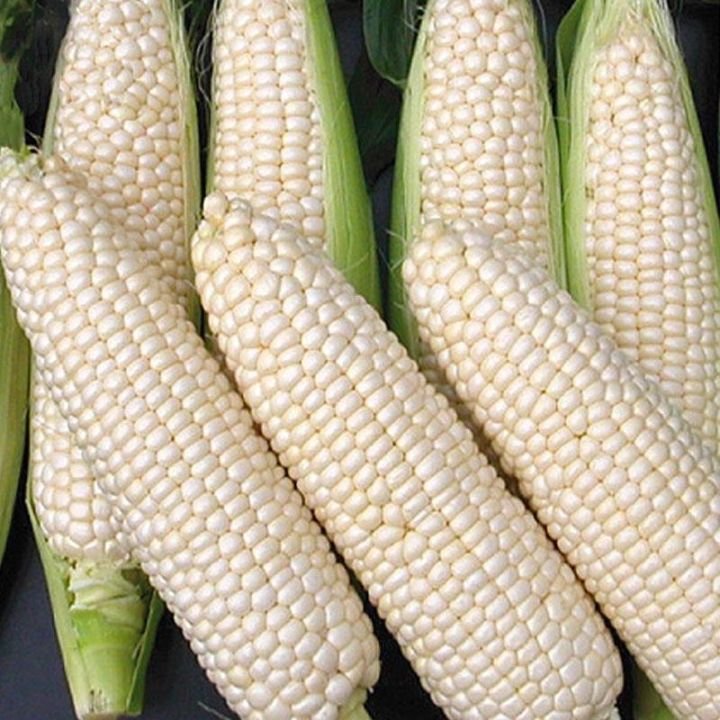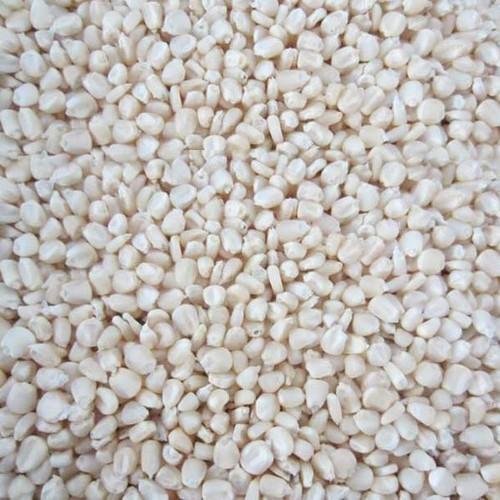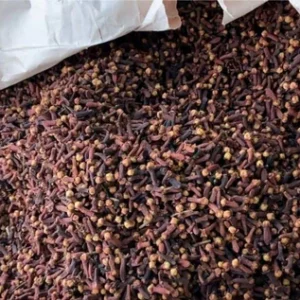Understanding Grade A White Corn: Characteristics and Quality
Grade A White Corn is distinguished by its superior quality and specific characteristics, which set it apart from other grades of corn. One of the primary factors that contribute to its Grade A status is the uniformity in kernel size. Generally, Grade A White Corn kernels are larger and more consistent in size, ensuring a higher yield and better processing performance. Additionally, the color purity of Grade A White Corn is critical; it exhibits a bright, pristine white color without any discoloration or blemishes, which is essential for both aesthetic and functional purposes in various applications.
Another significant quality parameter is the moisture content. Grade A White Corn typically maintains a moisture content of around 14%, which is optimal for storage and processing. This moisture level helps in preserving the corn’s quality and prevents issues such as mold growth or spoilage. Furthermore, the density and hardness of the kernels are also crucial, as these factors influence the milling quality and the texture of the end products.
The properties that distinguish white corn from other types, such as yellow or blue corn, include its starch content and nutritional profile. White corn generally contains a higher concentration of starch, making it particularly suitable for industrial uses such as the production of corn flour, starch, and other derivatives. Its neutral flavor and color make it versatile in culinary applications, especially in products where the visual appeal of a bright white color is desired.
Grade A White Corn must also meet specific certifications and regulatory standards to ensure its quality and safety. These include compliance with the standards set by organizations such as the USDA (United States Department of Agriculture) or equivalent bodies in other countries. These standards cover aspects such as the absence of contaminants and adherence to acceptable levels of moisture and purity.
Overall, the stringent quality criteria and distinctive properties of Grade A White Corn make it a preferred choice for a wide range of uses, from food products to industrial applications, underscoring its importance in various sectors.
Versatile Applications of Grade A White Corn in Culinary and Industrial Sectors
Grade A White Corn holds a significant place in various culinary traditions around the world. In the realm of cuisine, this variety of corn is celebrated for its versatility and subtle flavor. One of the most prominent uses of white corn is in the preparation of tortillas, a staple in Mexican and Central American diets. The corn is traditionally nixtamalized, a process that enhances its nutritional value and flavor, before being ground into masa. This masa is then used to create tortillas, tamales, and other beloved dishes.
Beyond its role in Latin American cuisine, Grade A White Corn is also a key ingredient in Southern American cooking, particularly in the making of cornbread. The fine texture and mild taste of white cornmeal make it ideal for this classic comfort food. Additionally, white corn is used in various modern recipes, such as polenta, soups, and salads, where its ability to absorb flavors while maintaining its integrity is highly valued.
Transitioning from culinary to industrial applications, Grade A White Corn exhibits unique properties that make it invaluable in several sectors. One significant use is in the production of ethanol, a renewable fuel source. The high starch content of white corn makes it an excellent raw material for ethanol fermentation, contributing to the growing demand for sustainable energy solutions. Furthermore, white corn is utilized in the manufacture of biodegradable plastics, offering an eco-friendly alternative to traditional petroleum-based products.
In the agricultural industry, Grade A White Corn is a preferred choice for animal feed due to its high nutritional profile. It provides essential carbohydrates, proteins, and fibers that support the health and growth of livestock. The economic impact of using white corn in these industries is substantial, as it supports local farmers and contributes to the sustainability of agricultural practices.
Environmentally, the use of Grade A White Corn in industrial applications helps reduce the dependency on fossil fuels and minimizes waste through biodegradable products, thereby promoting a more sustainable future. The multifaceted applications of Grade A White Corn underscore its importance not only as a culinary staple but also as a pivotal component in advancing industrial and environmental goals.







Reviews
There are no reviews yet.